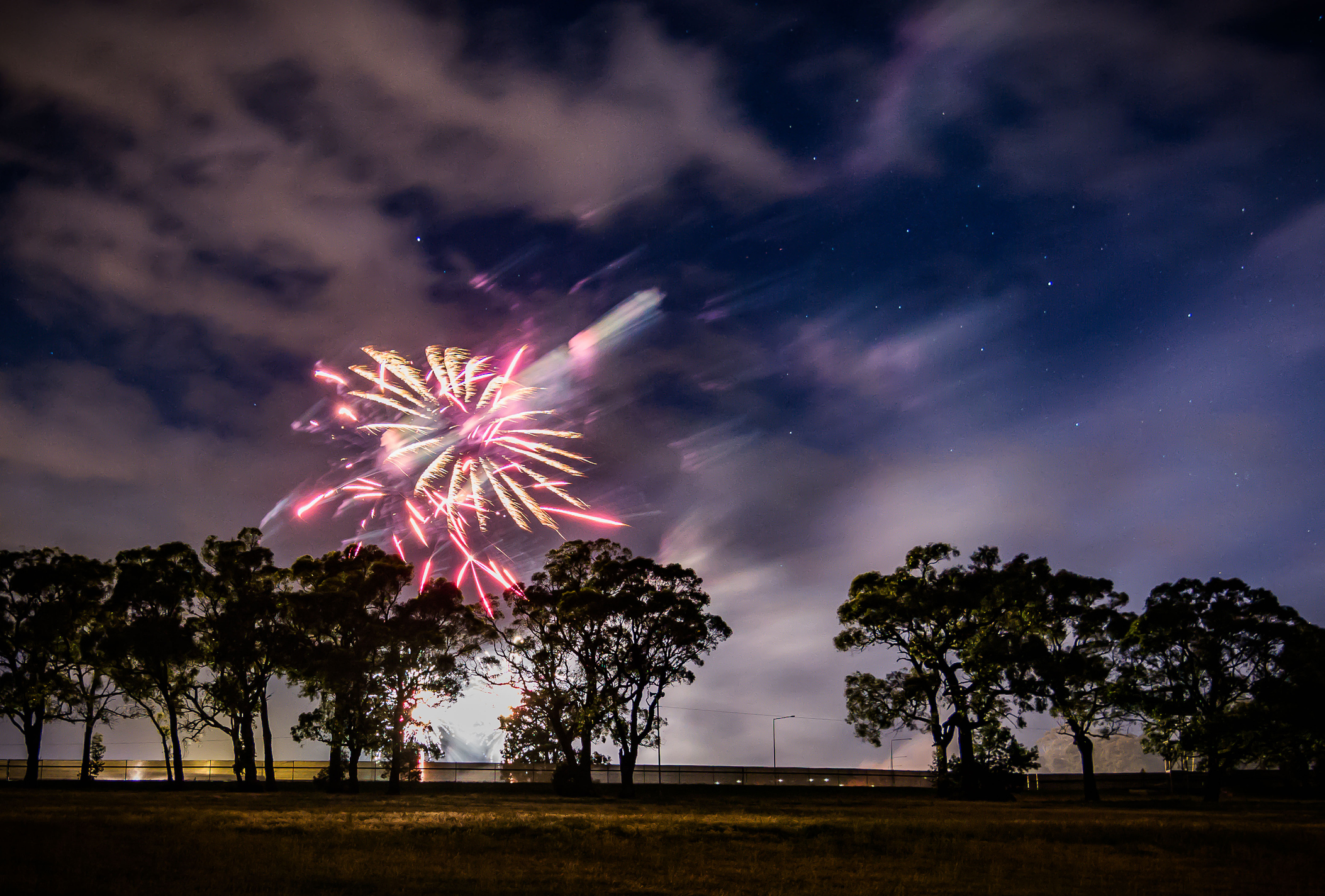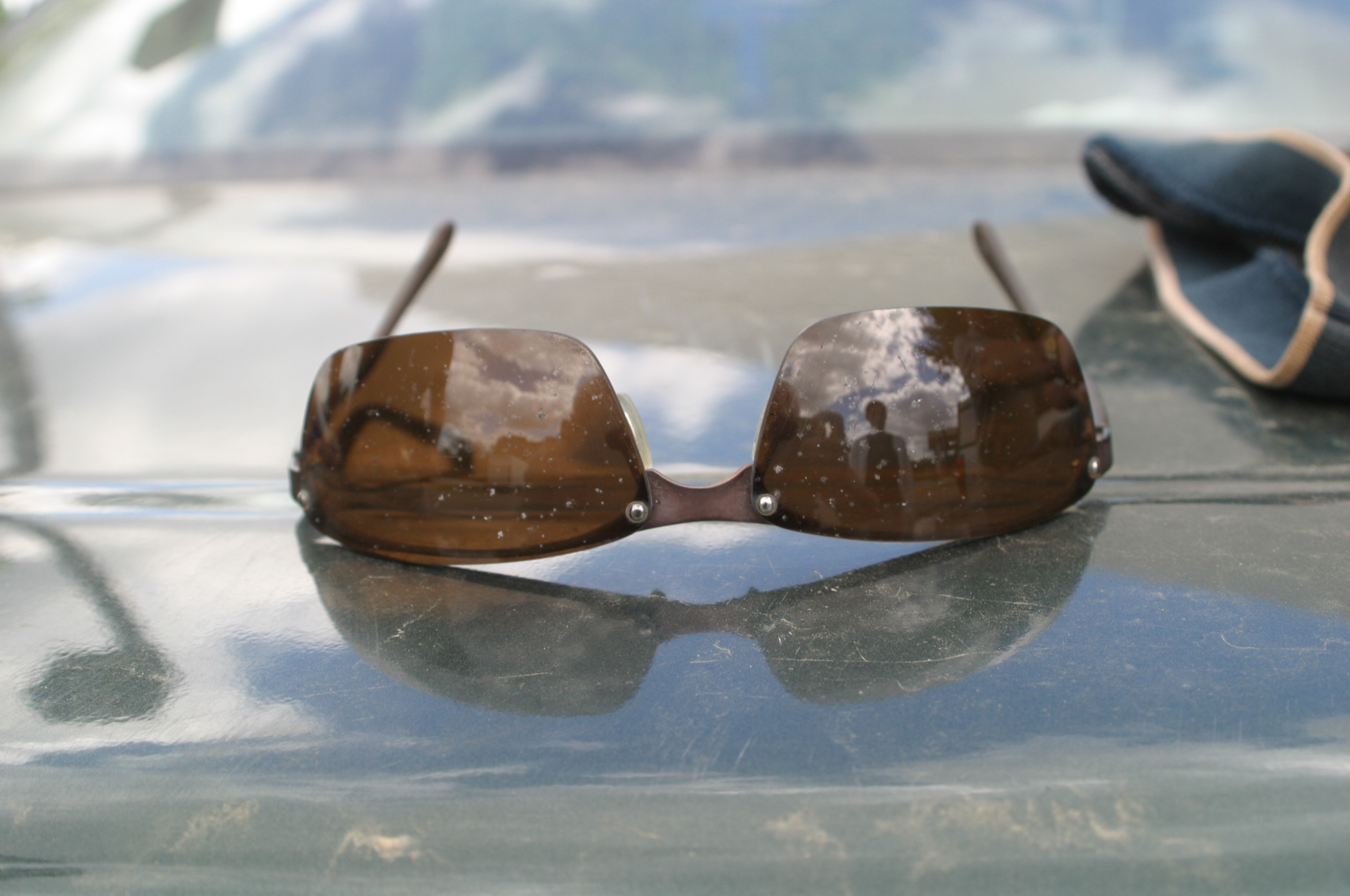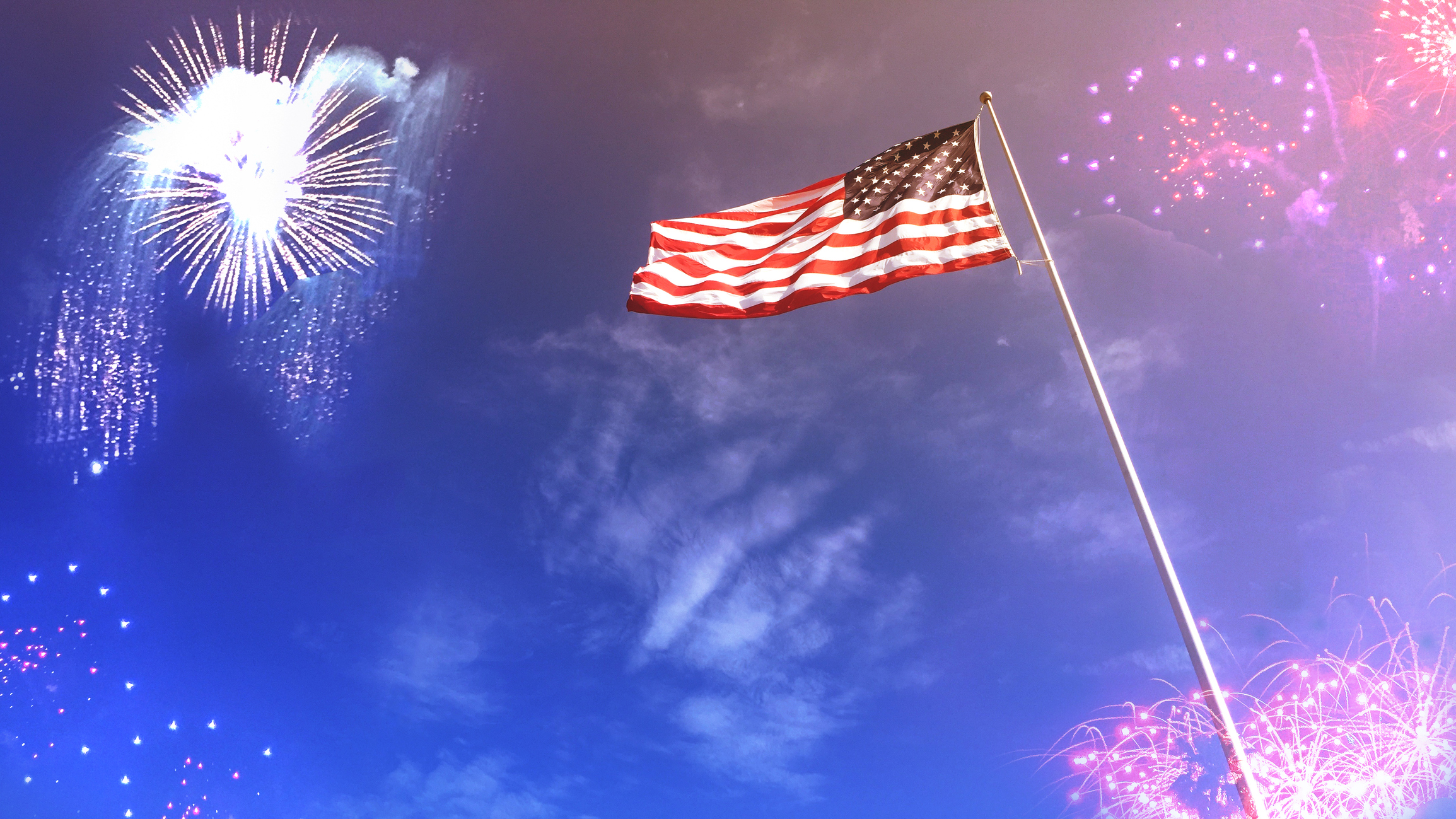Two decades ago, Nevada (IA) Fire Chief Ray Reynolds learned firsthand the dangers of handling consumer fireworks when as a trained bomb technician, he made a shortcut while disposing consumer fireworks flash powder. The powder exploded in his face.
“Sometimes things just go wrong when dealing with high explosive fireworks powders. I am sure I would have lost my sight if I was not wearing sunglasses,” he said. “I can’t imagine what I would do if I lost my ability to be a firefighter.”
Fire Chief Reynolds, an advocate for fireworks safety, said people are unaware of the power of consumer fireworks.
“Fireworks mishaps change lives. I’ve met people after experiencing a traumatic injury who wished they could back up time,” he said. “If we can convince people to make a choice to see public [firework] shows instead of risking these injuries, they are better off.”
In 2017, Iowa passed a law [SB489] allowing the sale of fireworks in the state during specific time periods. Since then, University of Iowa researchers have examined trends in emergency department visits to Iowa’s two largest trauma centers before and after implementation of the law (2014 – 2019).
Researchers from UI Hospitals & Clinics and emergency personnel from Iowa Methodist Medical Center found firework injuries more than doubled to nearly 40 the year of legalization of consumer firework sales and have remained high though 2019. In the three years prior to the legalization of consumer fireworks (2014-2016) there were 10-20 injuries each year from fireworks.

“We saw an increase in the number of residents per [Iowa] county being injured by fireworks,” said Dr. Colette Galet, Associate Research Scientist at the UI Department of Surgery. “We also saw an increase in the number of [Iowa] counties seeing a resident injured by fireworks.”
UI researchers also found that firework injuries were more severe following the legislation, and more children were injured.
Previously, the sale of fireworks could be restricted locally by counties and cities. A new bill [SF2285] however, was passed by the Iowa Senate in April and signed by Governor Kim Reynolds, preventing cities from restricting sales to only certain zones, such as industrial ones. Although sales are allowed statewide, some counties and cities ban the use of fireworks.
Iowa’s increase in firework injuries was far higher than U.S. trends in 2019. However, according to the most recent Consumer Product Safety Commission report, firework injuries have increased nationally from 2005 to 2020.
See our new video highlighting UI firework injuries research and fireworks safety.
Fire Chief Reynolds said he provides firework safety flyers for the vendors in Nevada (IA) to hand out when completing a sale.
“We sit down at the table with consumer fireworks vendors to acknowledge fireworks injuries are costly to the state, bad for business, and impact lives forever,” he said. “This problem needs to be solved by everyone to make consumer fireworks safer where they are approved to be discharged.”

Increased injuries in children
After legalization of firework sales in Iowa, patients injured from fireworks under the age of 18 increased by 11.3% and made up 30.8% of firework injury patients – compared to 19.5% in the three years prior to legalization.
Now that fireworks sales are legal in Iowa, Galet said, it is important to remember that they can only be purchased by adults who are 18 years and older. The law, however, does not protect minors from using fireworks.
“We have seen more kids handling fireworks,” she said.
Prior to the legalization of fireworks, many patients under 18 (50%) were bystanders (located in the area where fireworks are used) while post legalization the majority of injured minors (55%) were handlers (using/handling the fireworks).
Fire Chief Reynolds said, “In cities that allow the safe discharge of fireworks, we encourage people to keep children back [from fireworks] and to never discharge fireworks when consuming alcohol.”
More patients with drug use
It is against the law to use fireworks while intoxicated or under the influence of controlled substances.
Patients injured from fireworks with a positive drug screen on admission significantly increased from 2% prior to firework sales legalization to 17% post-legalization. Although a minority of patients with firework injuries were tested for drugs or alcohol (21%) post-legalization, 81% tested positive for drug use.
Galet said, “We saw that patients admitted [to the hospital] post legalization tended to be younger and more likely to test positive on drug tests.”
More severe injuries
UI researchers found that half of all firework injuries were to the hands. Other common injuries were to the eyes (32%), face (27%), and torso (20%). Burns were also very common, with 58% of patients suffering from burns.
No in-hospital amputations were recorded prior to firework sales legalization, however, 18% of patients required amputation after legalization. Amputations are associated with higher healthcare costs and greater disability.
Galet said, “Overall we went from no amputations prior to legalization to 19 amputations post-legalization and the amputations affected the upper extremities – the fingers.”

More injuries around 4th of July
In Iowa, fireworks can be sold June 1 – July 8 and December 10 – January 3. Most firework injuries occur in July (especially around the 4th of July holiday), followed by June. There was a 168.75% increase in firework injuries in July and a 140% increase in June from the pre-legalization period to the post-legalization period.
There were few firework injuries during the December-January time period both before and after firework sales legalization.
Some ways to stay safe
An important way to stay safe is to avoid using consumer fireworks.
“An advantage of fireworks that are public display is that they are lit by professionals,” Galet said. “They are professionally trained to work with fireworks.”
She encouraged Iowans to read the safety information on the fireworks if they do buy them.
“Some are more dangerous than others. A firecracker is less dangerous than a rocket or mortar,” Galet said. “Make sure you are aware of your surroundings and the people around you so that you do not light fireworks if people are not at a safe distance.”
Fire Chief Reynolds encouraged Iowans to know the firework ordinances in their towns.
“If consumer fireworks are not permitted, follow the law. Do not mix alcohol and consumer fireworks. Alcohol impairs decision making,” he said. Timing and decisions are important factors when a fuse is ignited and burning.”
In 2017, UI researchers released a report comparing firework-related injuries before the new law (2014 – 2016) and the months after the law. They found that after the law went into effect, firework injuries were more severe, and more young people and bystanders were injured.
Published June 21, 2022
Resources: